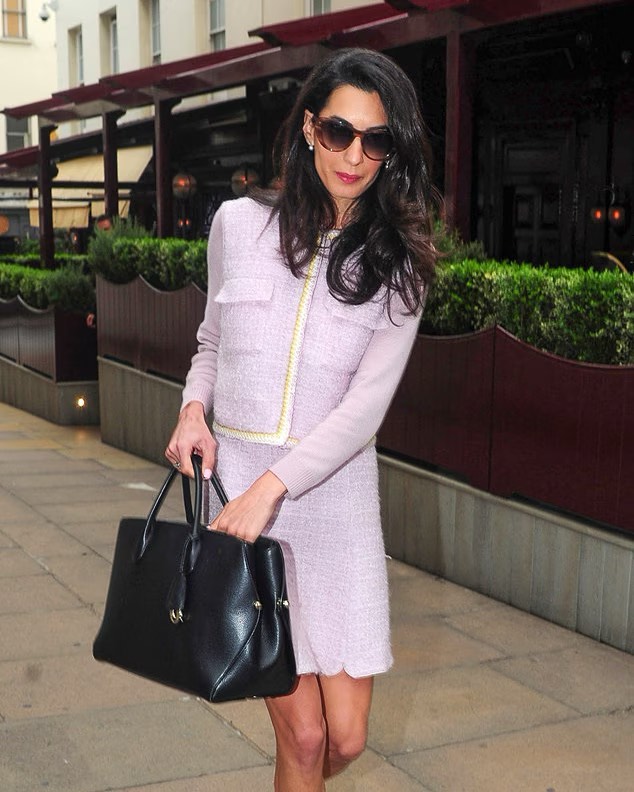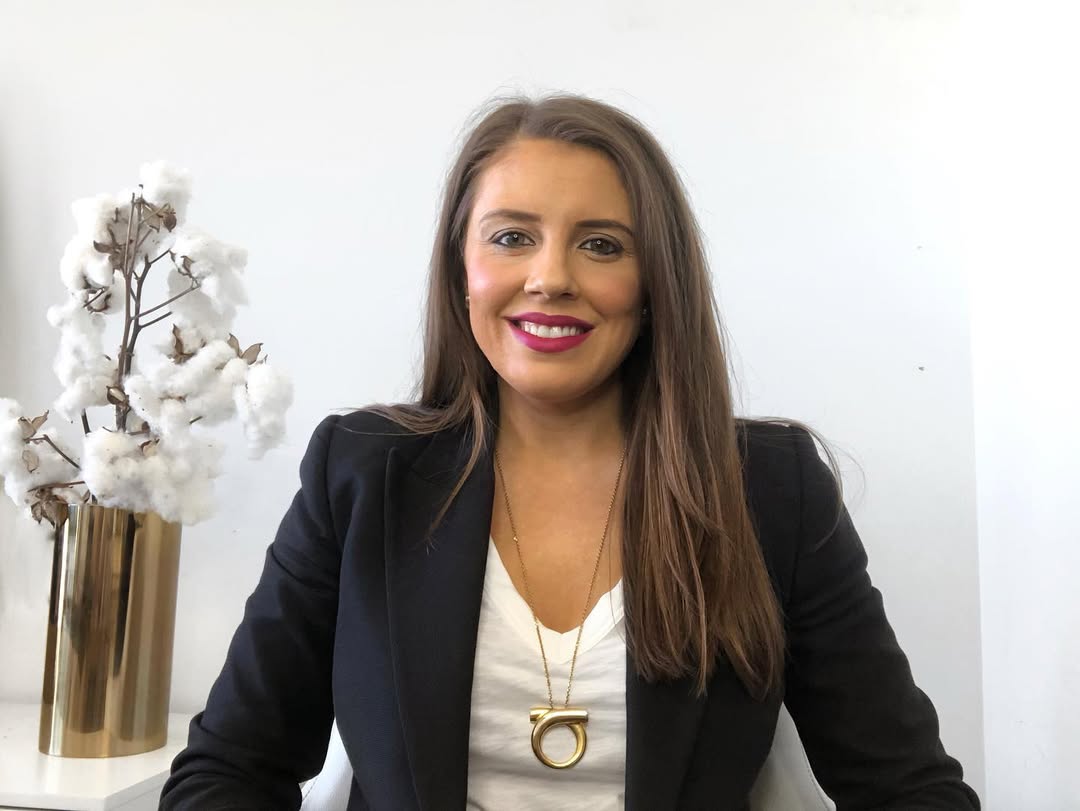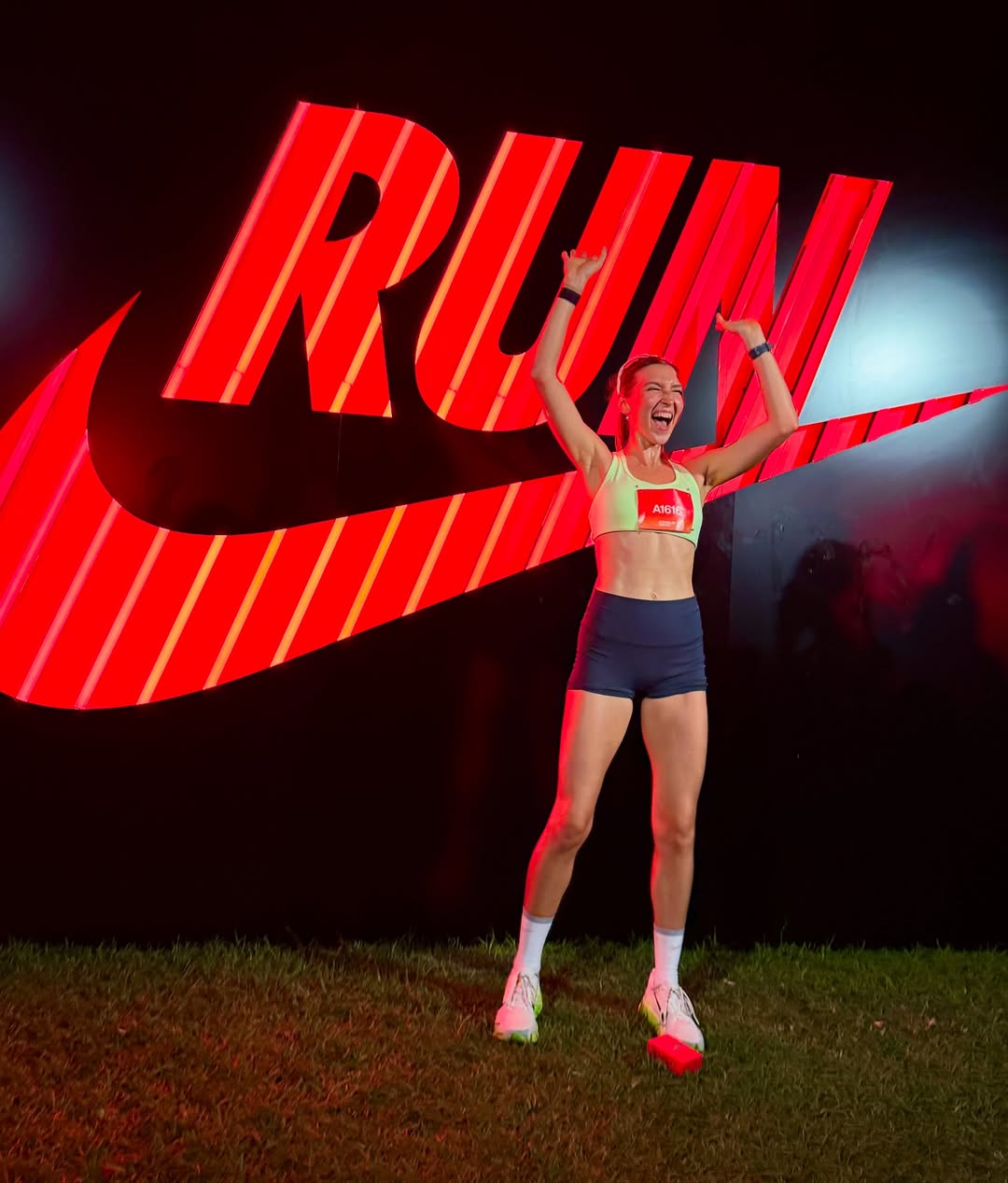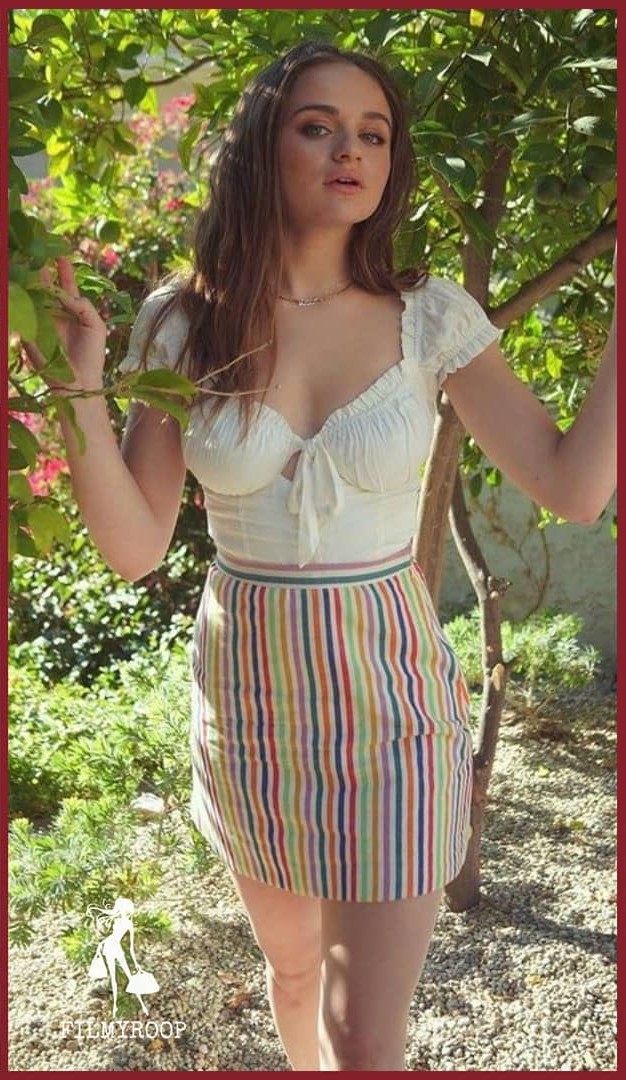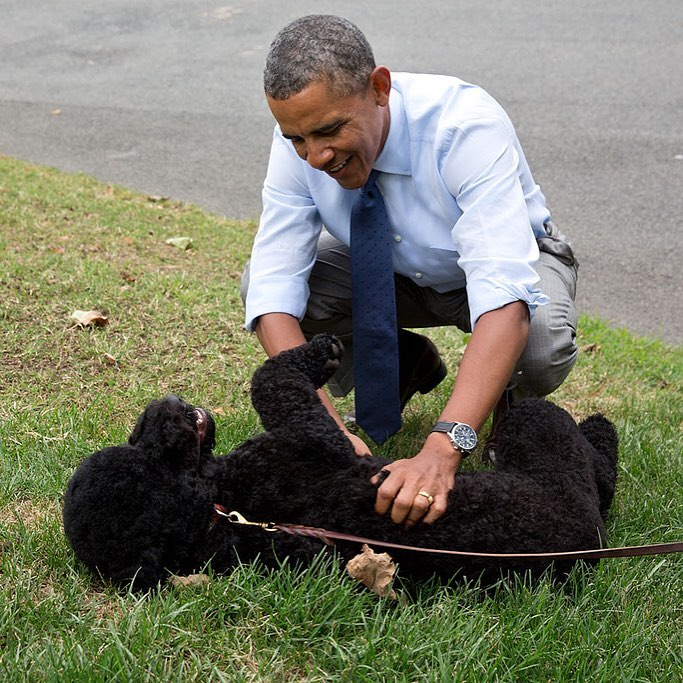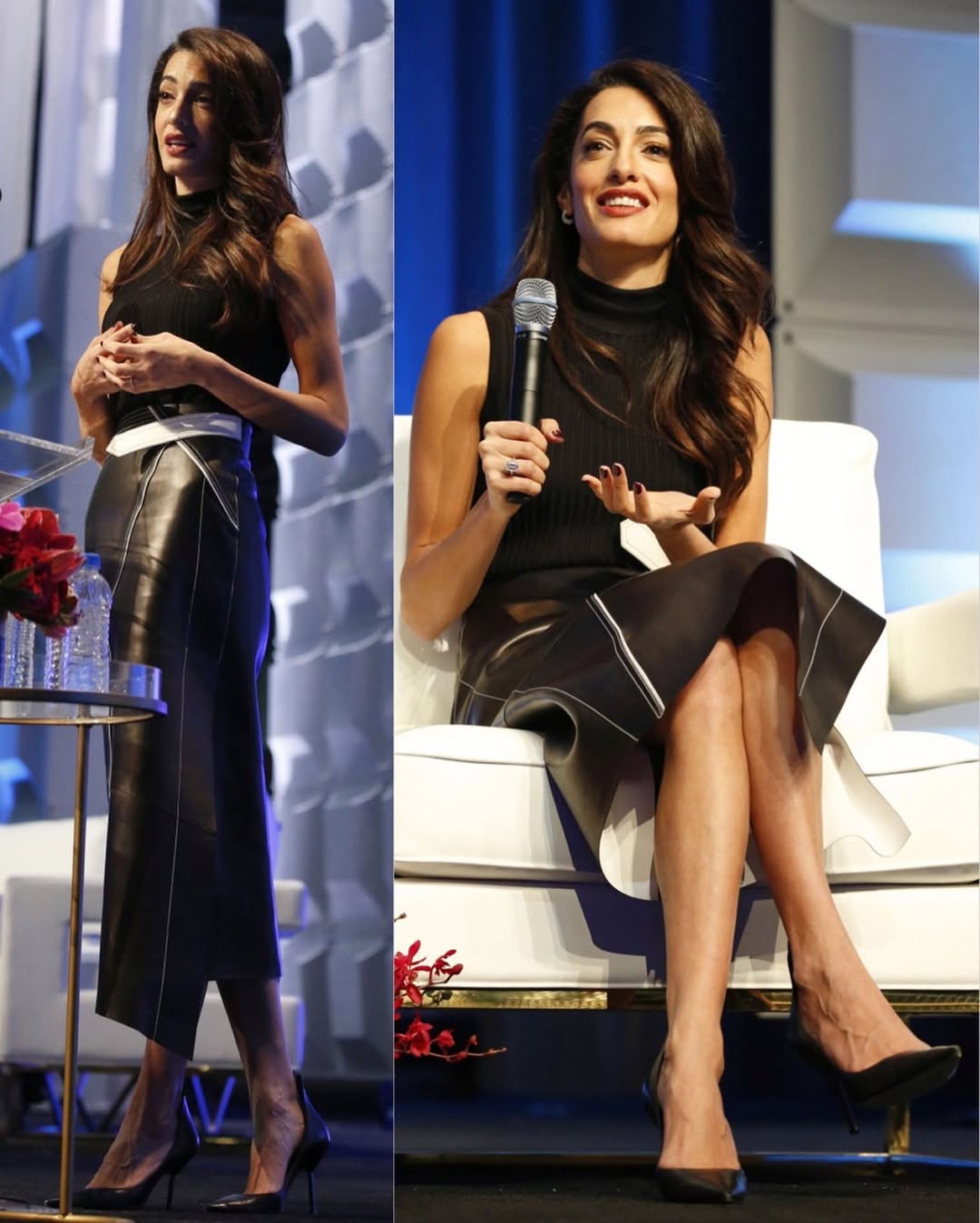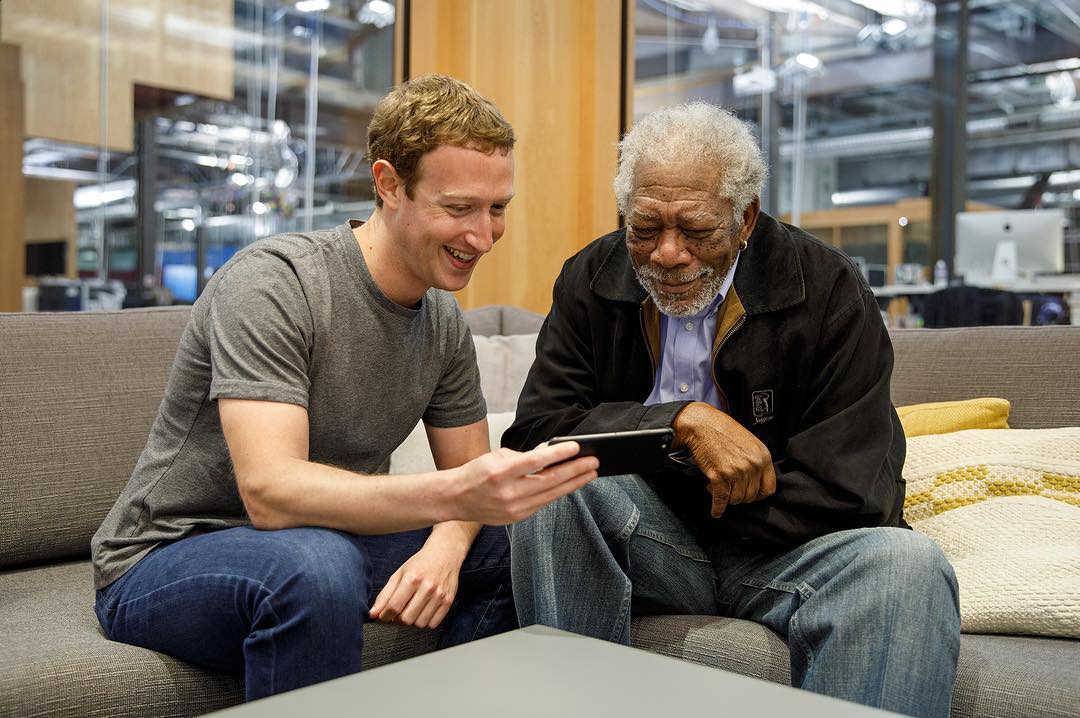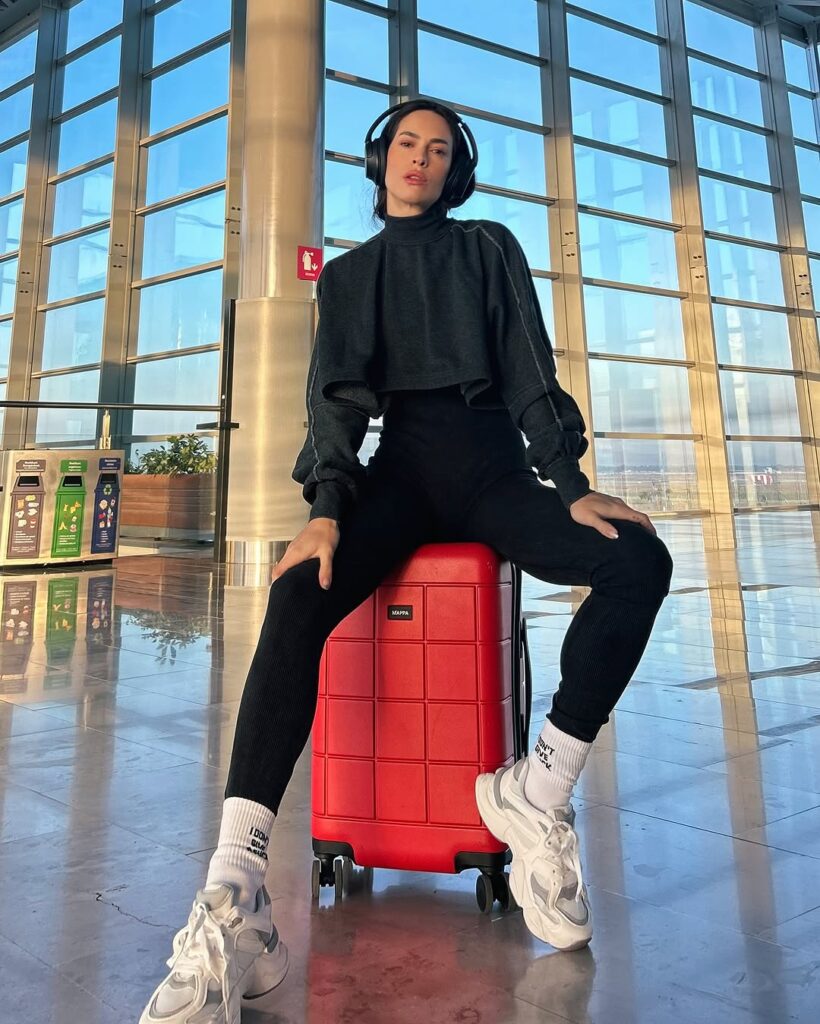Why Fashion Isn’t Just Fabric, it’s Psychology!
Have you ever stopped to ask, “Why do I feel invincible in that one outfit?”
That’s not magic, it’s psychology.
Studies in social psychology reveal that enclothed cognition is very real: what we wear actually alters how we think, behave, and feel.
Take Amal Clooney, for example.
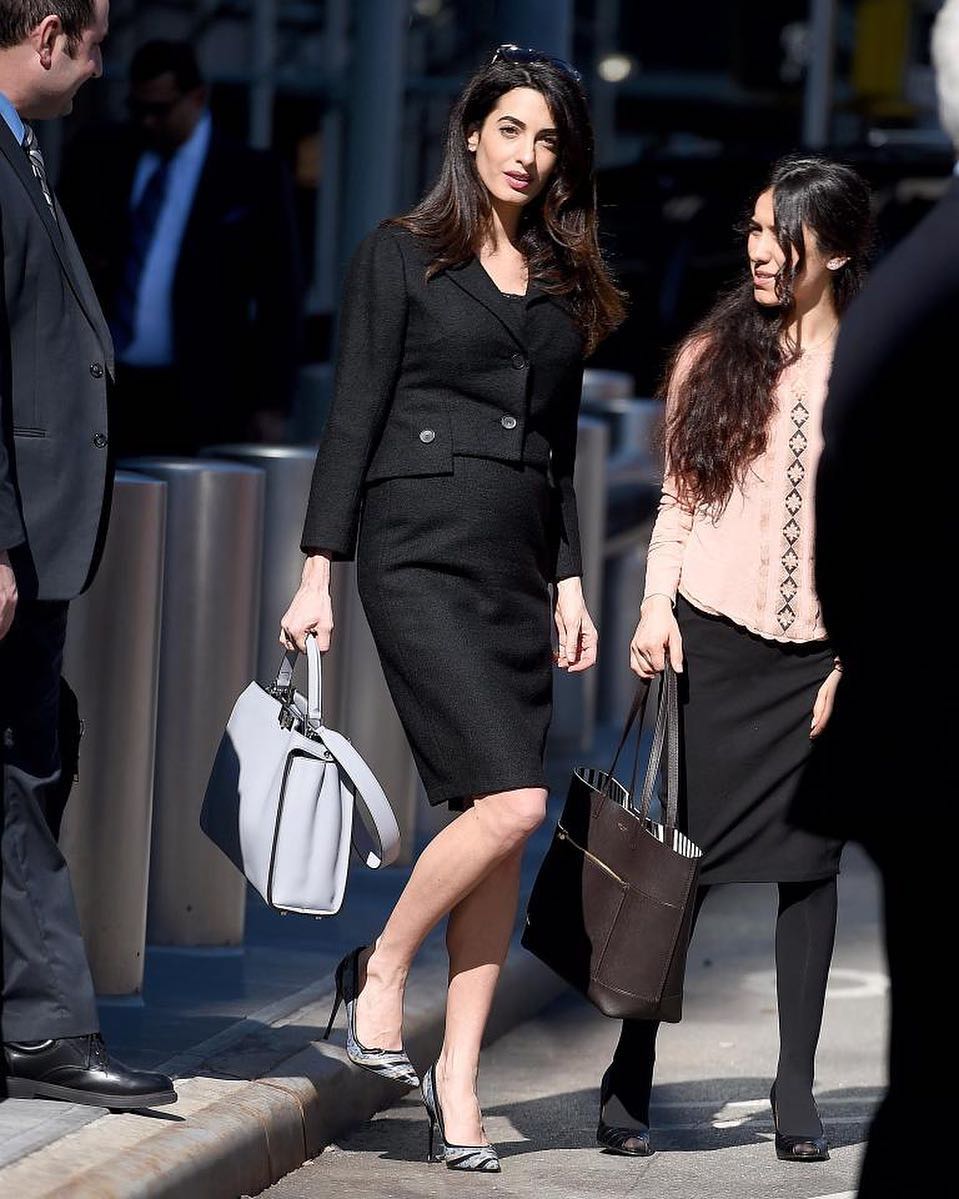
As a human rights lawyer, she frequently appears in impeccably tailored suits.
That style isn’t just about looking polished, it sends a message of intelligence, authority, and poise, internally and externally.
She may feel sharper, more in control and we see her that way too.
Her powerful wardrobe choices reinforce her confidence in courtrooms.
She’s mastered the Perception Power Play. Basically, How Others Read Your Style.
Others perceive Amal Clooney as assertive and capable, which can influence how they treat her.
Here, you can already see the links between fashion, style, career, and psychology.
This connection is your life in fashion.
How Style Shapes Thought, Mood, and Interaction?
Ever noticed how slipping into cozy loungewear might make you sluggish or dressing up for office video call makes you feel professional.
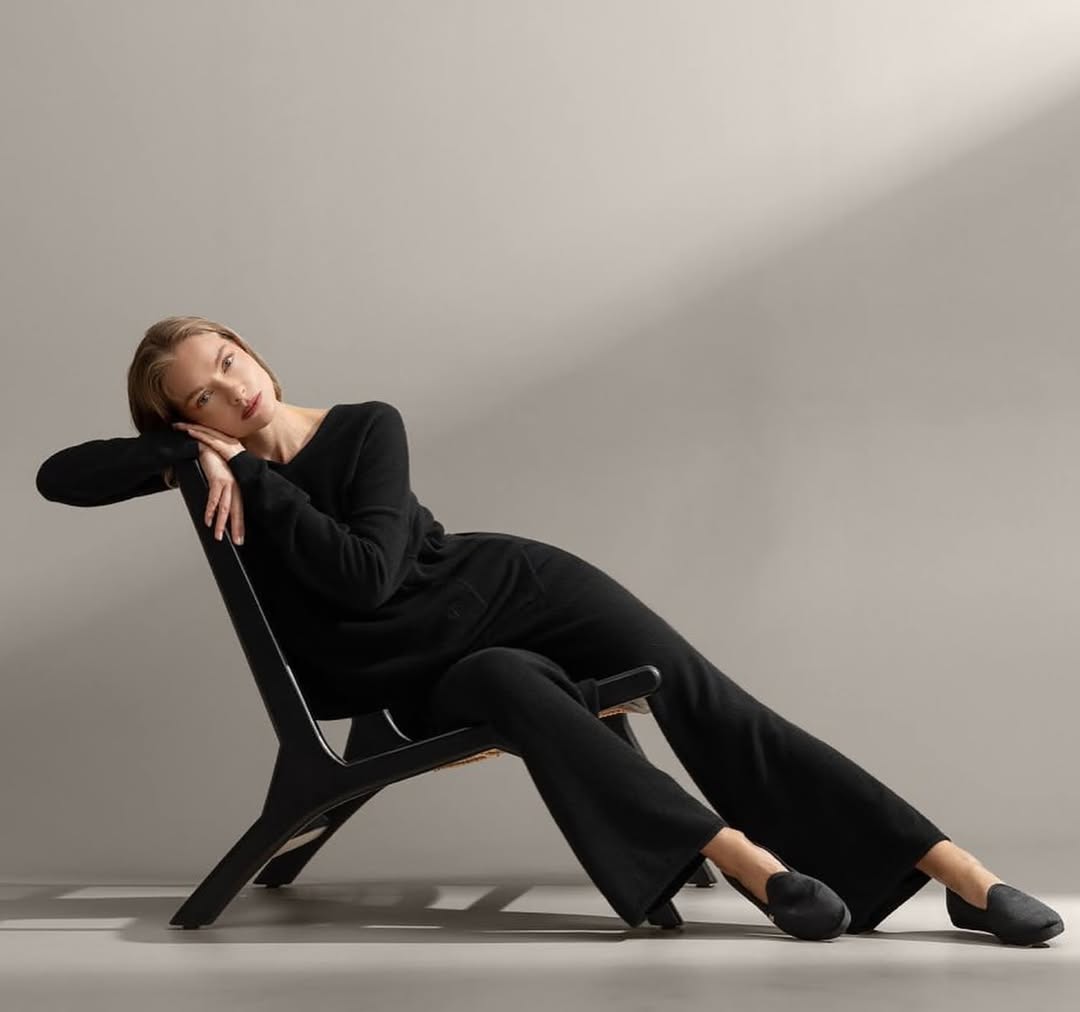
Even when your commute is three steps to your home from office? That’s no coincidence.
In one study, participants wearing formal attire performed better on attention-based tasks than those dressed casually.
Conversely, wearing sportswear elevated mood and energy levels, making people feel ready for action.
Celebrity Story: Joey King
Joey King, known for her dynamic roles in films like “We Were the Lucky Ones”, credits fashion as a transformative tool for her mood and self-perception.
In an exclusive interview with People, she shared that embracing bold, 1940s inspired outfits, made her feel beautiful and markedly more productive, on set or off.
Though she wasn’t fashion-focused growing up, stepping into those stylish ensembles provoked a noticeable emotional shift.
Read full story here: Joey King on style psychology!
Think about your own wardrobe:
A favourite dress might boost your mood before a big meeting, then you own that meeting.
The Wardrobe’s Influence on Daily Life, Self-Perception, and Relationships
What’s the unseen effect of your morning outfit?
It’s shaping your personal narrative, influencing interactions, and often steering the day in subtle ways.
- Self-Perception:
Your internal feeling of competence, attractiveness, or readiness can shift dramatically based on whether you feel “put-together” or not.
- Relationships:
Former US President Barack Obama often opted for a consistent “uniform” of tailored jackets and slacks, a nod to simplicity in decision-making.
In moments of solemnity like during tributes for fallen officers or emotional national events, he would deliberately go jacketless, signaling empathy, emotional openness, and solidarity.
The gesture shifted public perception, casting him as more human and emotionally present.
- Experiences:
Dressing for weather, context, or event can influence how alert you are to surroundings, how others engage with you, and how you respond emotionally.
Your style choices influence:
- Your confidence levels throughout the day
- Your posture and body language in different situations
- How others interact with you in social settings
- Your mood and energy during challenging moments
- Your sense of identity and self-expression
Putting Fashion Psychology to Work
Let’s move from theory to empowerment.
Knowledge is your tool. Here’s how to wield it.
a) Identify your “style triggers”
What pieces in your closet make you feel unstoppable?
A tailored blazer?
A bold scarf?
A pair of sneakers that feel like you?
Start by pinpointing these items.
Action step:
Keep a “confidence drawer” or rack where you hang those ten go-to items.
When you need that extra boost, grab from there.
b) Dress for your goal state
Have an important presentation? Channel Amal Clooney’s approach: refined, structured pieces signal competence.
Going out to connect casually? Take cues from Mark Zuckerberg or Zendaya: attire that aligns with your intent.
c) Align with affordability and freshness
You don’t need designer labels.
Psychology doesn’t care about price tags.
It cares if you believe in the look and feel like yourself.
A well-fitting, clean, thoughtfully paired outfit, even thrifty, is powerful.
Your Style, Your Psychology, Your Power
Weekly Empowerment Plan
Lay out outfits in advance for key days.
Choose pieces that align with your mood-boost or intention.
Casual + Meaningful mix
If a meeting is informal, blend comfort with polish.
Maybe a crisp shirt with jeans and a blazer.
Reflection ritual
At day’s end, ask: How did my outfit influence how I thought, felt, or was treated today?
This builds awareness and helps you curate better next time.
Every piece of clothing you own is a tool that can either support your goals or hold you back.
The most successful people in the world, from Steve Jobs to Anna Wintour, understand this intuitively.
They’ve learned to use fashion psychology as a strategic advantage, and now you can too.
Your style is your confidence, your ambitions, your personality, and your potential all wrapped up in fabric.
When you understand this connection, you stop getting dressed and start getting empowered.
The next time you open your closet, remember: you’re not just choosing an outfit. You’re choosing how you want to think, feel, and show up in the world.
You’re choosing the psychological tools that will support you throughout your day.
Ready to master the psychology of your personal style?
At Life In Flair, we believe your wardrobe should be your ultimate confidence toolkit.
Visit Life In Flair to unlock expert guidance that goes beyond trends.
Because when you understand the psychology behind your style, you unlock the power to transform not just how you look, but how you live.
